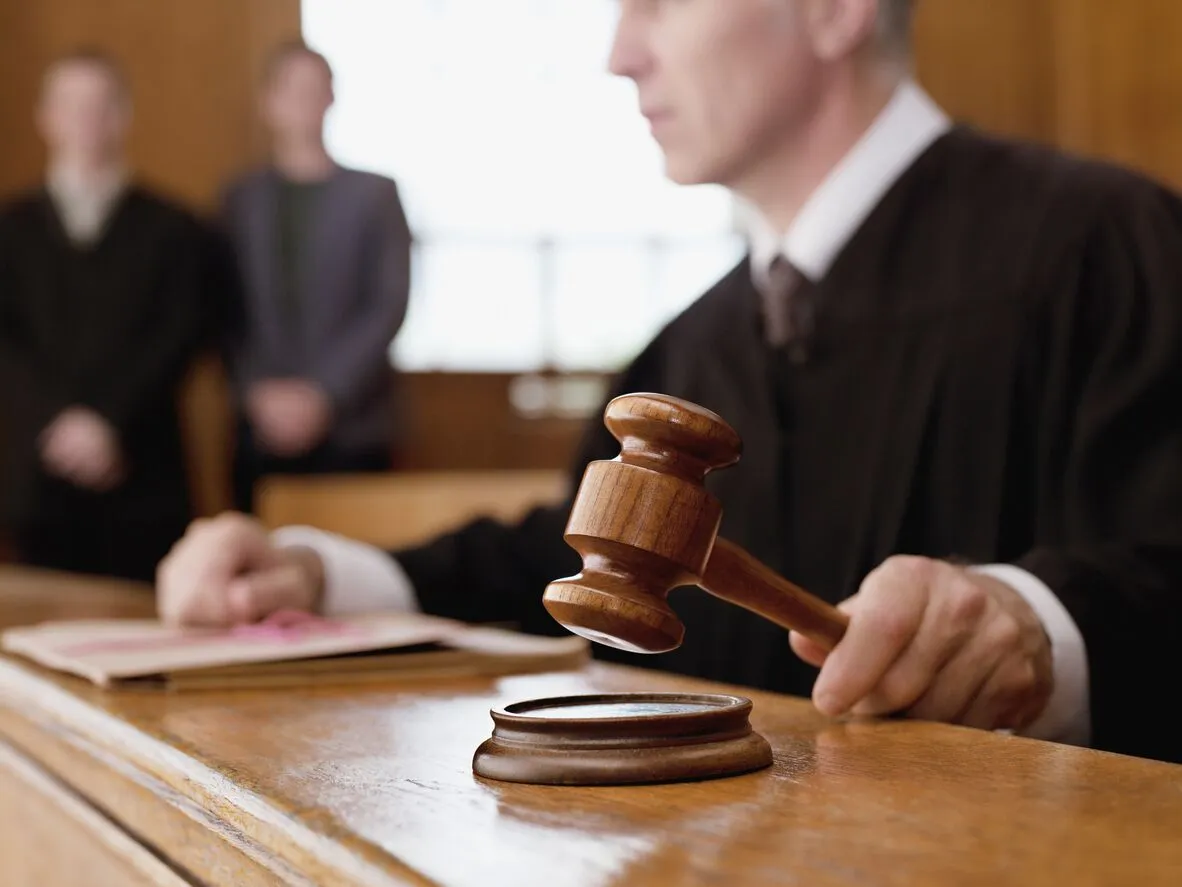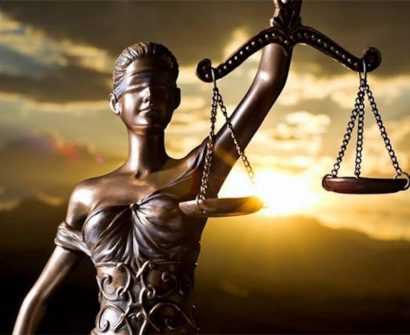
The case highlights certain provisions of constitutional law. The doctrine of pith and substance, which maintains that state and federal legislatures are supreme in their respective domains and should not encroach on each other’s boundaries, was applied in this case to help ascertain the true nature and essence of the legislation. According to the petitioner, article 19(1)(g) of the indian constitution was broken by the bombay prohibition act. It needs to be ruled void and null as a result.
state of bombay and another vs fn Balsara Case Facts
- In order to prevent the State of Bombay and the Prohibition Commissioner from enforcing the Prohibition Act’s provisions against him, F.N. Balsara filed a writ of mandamus with the High Court.
- The petitioner requested permission to import and export goods across the customs border, as well as to buy, possess, use, and consume any stock of foreign spirits, eau-de-cologne, lavender water, medicated wines, as well as medicinal preparations containing alcohol. Specific items requested included whisky, brandy, wine, beer, medicated wine, and so forth.
- He additionally requested that no actions or proceedings, whether punitive or not, be conducted against him in accordance with the Act and that the government desist from interfering with his ownership rights over these items. Under section 45 of the specific relief act, the petitioner requested a remedy from the respondents. The 1949 Bombay Prohibition Act’s use of the term “liquor” has drawn criticism for being unduly broad and extending beyond the jurisdiction of the provincial legislature.
- The Bombay High Court decided that certain sections of the Act were lawful while others were not, agreeing with some of the petitioner’s claims but rejecting others.
- The ruling of the Bombay High Court was not to everyone’s satisfaction, and the State Government appealed the case to the Supreme Court.
state of bombay and another vs fn Balsara Issues
- Was there sufficient justification to declare the entire 1949 bombay prohibition act invalid? And does it violate the basic right guaranteed by article 19(1)(g) of the indian constitution?
- In order to determine the maintainability of the High Court’s ruling regarding the particular provisions of the contested Act that the High Court ruled void, does the 1949 bombay prohibition act trespass on the Federal Government’s authority to enact laws pertaining to “import and export”?
Contentions by the Parties
Appellant:
- The present appeal is being filed on behalf of the state of Bombay, which argues that the bombay prohibition act’s provisions are intra vires to article 19(1)(g) of the indian constitution.
Respondent:
- According to F.N. Balsara, among other things, he should be allowed to exercise his right to store whiskey, brandy, wine, beer, and prescription U.D. Colon.
- He added that they might be utilized, within Customs regulations, for import and export.
- In addition, since it was his personal right, the government could not prohibit him from consuming these narcotics under the Prohibition Act, and similar orders had to be made under the specific relief act.
state of bombay and another vs fn Balsara Judgment
- The following was held by the Apex Court’s bench, which included Justices Bose Vivian, Mukherjea B.K., Das Sudhi Ranjan, Fazal Ali Saiyid, and Sastri M. Patanjali:
- It is undeniable that the State Legislature has the authority granted to it by Entry 31 of List II to forbid the possession, distribution, and use of intoxicating alcohol.
- Since the contested Act was passed under Entry 31 of the List II rather than Entry 27 or 29, Section 297(1)(a) of the Act does not apply. Therefore, the Act was lawful.
- The decision declaring some provisions of the Act invalid does not affect the validity of the Act as it remains, and Appeal No. 182, preferred by the State of Bombay, was substantially allowed.
- Section 12(c), affecting the selling or buying of such medical and toilet preparation containing alcohol, was held invalid.
- Section 37 did not forbid the armed forces from enjoying this exemption.
Although Synthetics and Chemicals Ltd. & Ors Vs. State of U.P. & Ors overruled the admissibility of the current case, this decision is noteworthy in constitutional law since it resolved various issues surrounding the doctrine of pith and substance. Consequently, it makes sense to draw the conclusion that total alcohol prohibition is achievable in medicinal preparations. Such trading cannot be considered dangerous until used for human consumption.
Nonetheless, the State Legislature is able to levy taxes on alcohol ownership because it is seen as a luxury when used by humans. Therefore, an Act passed by the State Government on a matter under its constitutional jurisdiction is valid.
With the goal of giving students the best coaching available for law entrance exams including the CLAT, AILET, and various other numerous state judiciary exams, Jyoti Judiciary Coaching, India’s Finest educational Platform, was established. Come enrol now with Jyoti Judiciary!
For any latest news, legal topics, judiciary exams notifications, patterns, etc watch Jyoti Judiciary’s YouTube channel for legal videos for any updates at https://youtube.com/@jyotijudiciarycoaching4852?si=2cwubh9d2A9urwJf








